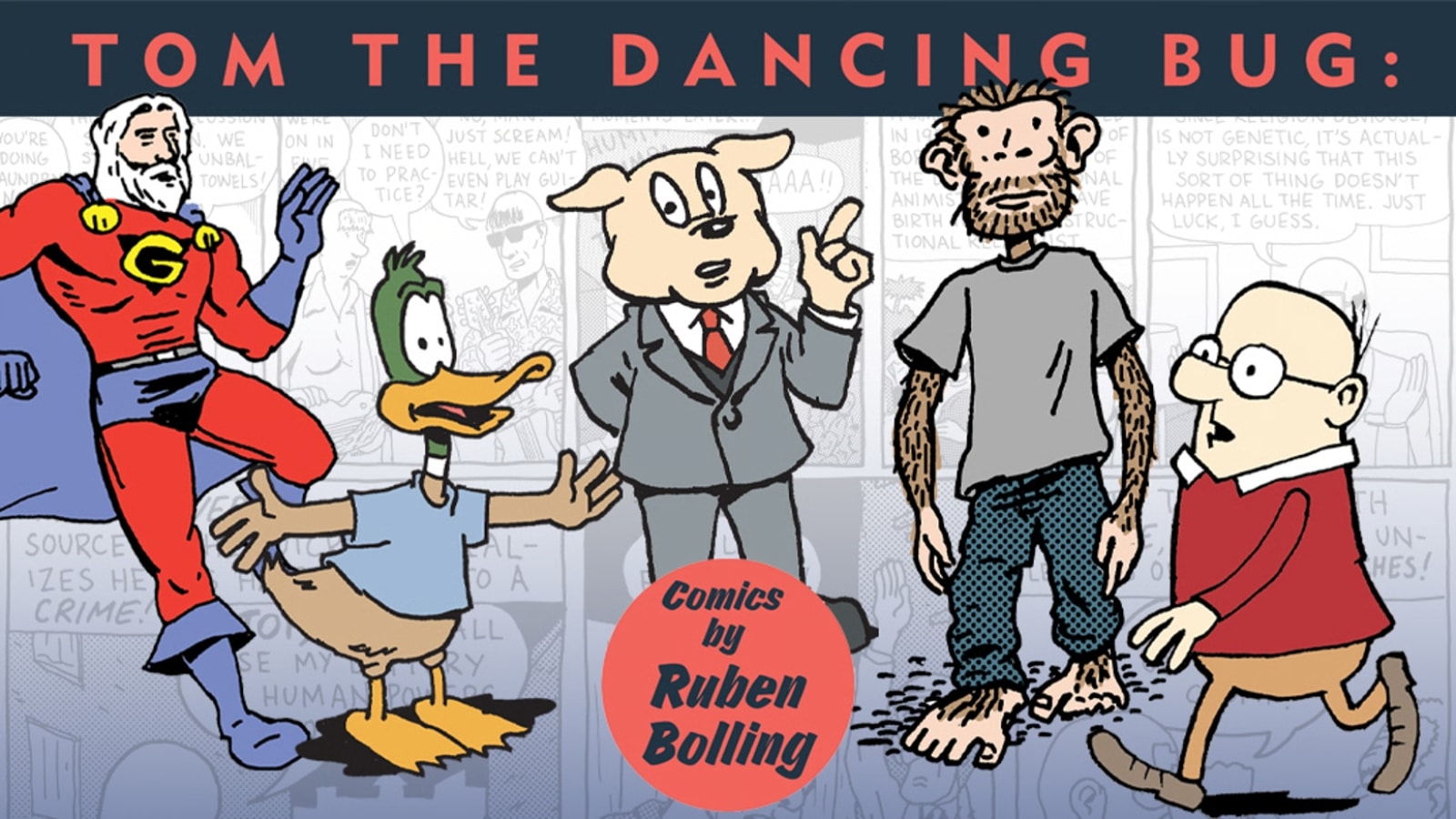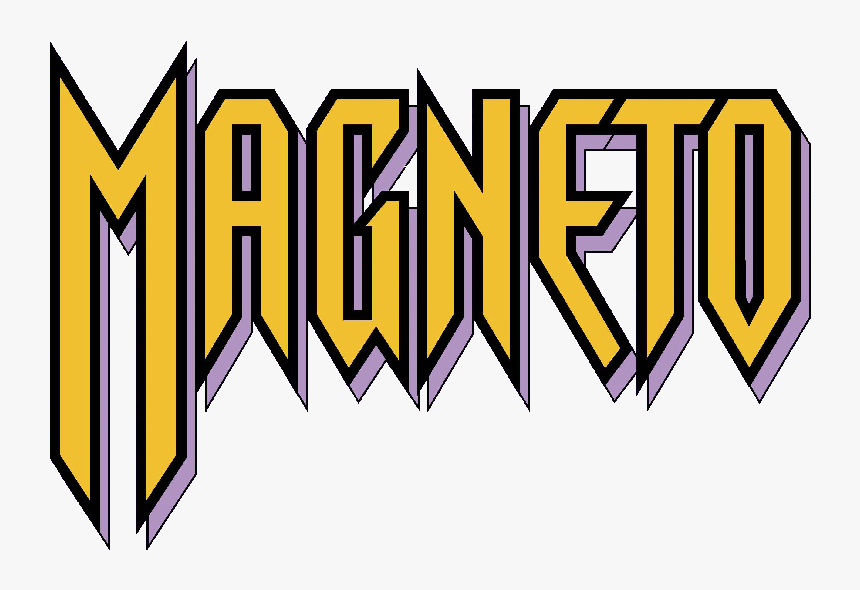
Julia was twenty-six years old… and she worked, as he had guessed, on the novel-writing machines in the Fiction Department. She enjoyed her work, which consisted chiefly in running and servicing a powerful but tricky electric motor… She could describe the whole process of composing a novel, from the general directive issued by the Planning Committee down to the final touching-up by the Rewrite Squad. But she was not interested in the final product. She “didn’t much care for reading,” she said. Books were just a commodity that had to be produced, like jam or bootlaces.
NINETEEN EIGHTY-FOUR by George Orwell.
A reader asked me if I were panicked at the prospect of fiction writing being replaced by “artificial intelligence” that is, large language models being trained to write novels and short stories. He expressed surprise that writers like Larry Correia, whose sales figures allowed himself to buy a mountain, has not publicly expressed panic.
Myself, I suspect this has more to do with a phlegmatic temper than to an inability to see the danger of being replaced by machines. It is, in fact, an incoming industrial revolution, with all that implies, bad and good.
But I am the wrong man to ask when it comes to panicking. I live a rather otherworldly existence, and am not aware of the latest trends in large language models. I write because of an inner urge, and would do so even if there were no market for my work.
And, sadly, there is not much market for my work. My sales are shockingly low, and I have been writing professionally since 1995. I do not really have much of a career to lose.
But let us face the question: people did not stop playing chess once a computer was able to defeat grandmaster chess players. Everyone except for Bobby Fischer has a man who can beat him at chess.
Larry Correia has fans who will buy anything he writes. I would still patronize his work even if an large language model could mimic it.
It is the midlist writers who write formulaic and mechanical books, Harlequin romances, potboilers, who will be undersold, when a computer can compile a novel in minutes which would take a living author months. They are right to panic. Their livelihood is directly threatened.
Either writers will be reduced to relying on patrons, as in the old days, or will write for non-monetary rewards. A change in the copyright laws to prevent large language models from mimicking the works of specific authors might help in a small way.

Economically speaking, mechanization in white collar jobs will have much the same effect as mechanization in blue collar jobs. The efficiency of each human worker will increase; prices to the end consumer will drop dramatically; many workers will be displaced, and will be forced into areas where the marketplace needs labor. Those without skills will do unskilled work.
Expect social upheavals as massive and social trauma as great as industrialization brought to Europe in the Victorian days. Communism was one of the neurotic reactions to the end of the agrarian-based aristocracies of Europe, and we still suffer its after effects to this day.
On the other hand, computerization of white collar work will open up new professions currently not economically feasible. We will have one-man movie studios within my lifetime, perhaps within the decade.
The shift from international monopolies to local control of business, with every man running his own business out of his smartphone, is a benevolent possibility. The malevolent possibilities we saw foreshadowed during the Pandemic Panic lockdowns, i.e. a technocracy ruling an information-controlled peasantry eating bug-tofu and ingesting opiates and living in pods, owning nothing and being happy.
There is room enough in our unknown future for extravagant hope as well as fear.
Originally published here



















 English (US) ·
English (US) ·